i write for inner peace.
|
The object was to move. So I spun: north, west, south, and east, searching for my center. My first stop was a ferry terminal in Seattle where passengers came and went. Autumn afternoons ended early, and the promise of good coffee kept your eyes open in the rain. The object was to move higher, so I flew North for the summer. I arrived at a train platform in uptown Chicago and stared at the silhouette of rooftops back-lit by neon marquees. It was slam poetry night. I met a girl who I began writing about, the kind that smiled at you to be polite and never wrote back. I rode the Red Line back to an empty hotel room, invisible as the wind they named the city after. The object was to move together, but I found myself drifting. I drove to a church in D.C. for a spring wedding that wasn't mine. I stumbled out of the reception hall into a back alley bar named “Sovereign”. I froze on a bus stop bench in Milwaukee, below the Christmas lights that hung in the dead trees of an abandoned park. I dragged my baggage in circles through crowded airports, looking for my gate. The object was to keep moving. I got nowhere. As a weeknight dinner conversation, I’d remind my daughter of the beaches we left behind in Florida. We’d sit by the window of our 4F apartment in Raleigh while the spaghetti got cold. "Look how far away the sidewalk is from here," she’d comment. We’d point at the tail lights of a passing car as if its glow was worth following. I’d tell her that shiny objects vanished like the moon if you looked for too long.
I dreamed of moving in all directions, eyes shut to how the lights inside a home revealed everywhere I could hope to go.
1 Comment
My response was to engage these types of opponents in a guessing game. I'd let them rattle off as many countries as they can think of to answer their own question: where are you from, so I can see and treat you appropriately? Their lists would probably go three countries deep, revealing how small their worlds were: China, Japan, Korea, and then stop, as if they'd sailed off the edge of the world on a ship built from their own ignorance.
Forget guessing which of the 7,000+ islands of the Philippines my parents immigrated from or what shards of Indo-Malay culture still fertilize the soil on which its Spanish colonial military forts were built. In their eyes, I was not even on the map. My father, in deflecting racial slurs on his route as a mailman in early 90's South Florida, used to tell people he was from North Vietnam and that we "kicked your ass in the war", indulging their ignorance while expanding their worldview by one more Asian country. The trick, I've learned, is to let opponents knock themselves out with what they don't see. It's not passive silence: it's poised strategy. At age 18, suddenly, I saw thousands of Asians. My own stereotype was confirmed: our parents really DID make sure we went to college. And there, I was introduced to Asian-American activism. Imagine: now, there were all these people who finally looked just like me, speaking out against a lifetime of being the odd ones out. However, I saw this solidarity backfire into self-induced segregation. And with that, its own shade of ignorance. People wanted to be my friend BECAUSE I was Asian. It was the same question from childhood: tell me where you're from, so I can see and treat you appropriately. As a person of color, I learned that the color of my skin is what it is: skin-deep. I broke away from that monochromatic social scene to organize a student-run group based on a universal language: magic. The House of Flying Cards was my passive-aggressive statement to clubs that congregated based on skin color in a crusade against inequality. There, we created our own equality, people of all colors, united under one common cause: make people happy through magic. We had a black Hare Krishna, a Gothic white guy with black nail polish, a Puerto Rican barber who played the guitar, a six foot nine Jamaican DJ, and somehow, a bunch of overly dexterous Asians. Everyone was a minority. And that's where boarders were broken for me and probably the others in that eclectic coalition. It wasn't colorblindness: it was light. I saw and learned about so many different experiences, backgrounds and beliefs beyond my own. Racism is a glass wall. And I believe there's a wiser way forward than casting stones at our reflections in the window to break the silence. Black lives matter. But don't burn down the neighborhoods - where people of color like my daughter and I live - to get that message across and spread fear in the process. If we see all white cops as bastards, how are we any better than the cops that see all black people as threats? Acts of hate do not defeat acts of hate. We live in a country where "an eye for an eye" traditions lead to hands thrown and black eyes swollen shut, a chronic blindness that has led us to where we are today (which is no different than where we were yesterday). In that trashing duel, ignorance is undefeated. Another black man looses his breath. Or another schoolyard gets shot up. As a person of color, it is my responsibility to transcend the blade-bearing methods my ancestors used to drive Magellan's ships off the shores of Mactan Island all those centuries ago, to look for a solution above the tear gas and the torches. So, my stance isn't so much one of lips sealed shut in model minority fashion as it is of slanted eyes open. I see the cop car in New York plowing into an unarmed crowd. I see the fires being set in a corner store beneath a building where unarmed people live. I see the unarmed Asian-American couple in Seattle assaulted in broad daylight as an outlet for misplaced anger about the pandemic. And I see the unarmed black man in Minneapolis being choked to death by the weight of 400+ years worth of misplaced hate. I see my unarmed daughter, who will undoubtedly inherit this fight as a second generation person of color in godless America. I realize that we're ensared in an age-old color war against this type of hate. And I will fight for what I believe. Just not with a pitchfork and a Molotov cocktail. Racism is the lovechild of hate and ignorance. It will be defeated only by evolving past the hate and ignorance that created it. The murder of George Floyd was as much a psychological and emotional attack on me as much as it was on the black community. As a kid with a built-in target on his back because of how I looked, I studied Kenpo Karate, as a way to respond to potential attacks. And I learned that an open palm not only hits harder than a closed fist. It also keeps your own hands from breaking. I want them to hear us: not by what we break apart with our hands, but by what we build together. Three ways to fight with palms open: 1) Speak with non-violent actions: www.gofundme.com/f/georgefloyd 2) Connect with the Black community: www.facebook.com/events/260040241745627/ 3) Arm yourself with knowledge: www.nytimes.com/2019/05/29/books/review/antiracist-reading-list-ibram-x-kendi.html And if you insist on taking the war to the streets, please wear a mask. Not only does it respect those fighting to stop the spread of the virus that has murdered over 100,000 unarmed people and counting (and made people of my color look bad), but it also makes you look like a ninja. Peacefully, Your Asian Friend With An Opinion #blacklivesmatter #fightwithlight #staysafe When we ended, the magic was gone: smoke and mirrors. She was the volunteer I chose long ago for an effect where I poured her a drink from an empty can. Years later, I asked for her hand as the nerve wrecking finale to a show I did half a world away for a mix of strangers and soon-to-be relatives. At every gig, I would tear our wedding photo to pieces, burn it and put it back together.
Since the split, I discovered a way of expression that I had shortchanged all along as a sidekick. It felt more real- the opposite of secrets and illusions. It was like a new relationship. I didn’t realize how healing poetry was on its own, out of the shadows of notebooks and in the company of those who came to hear it. Where magic made people smile, poetry made them cry. The pen was the mightier sword, I thought. I recently co-wrote a poem about what happened- how one house broke in two. This poem was different. It spoke to her side of the story through a perspective beyond my own. Writing it put ghosts to rest and blessed the broken house I now raise my kid in. I debuted this poem at a show where I felt ready to let magic return as the visual for two stories becoming one- a sharp contrast to one house becoming two. Where poems made people cry, magic made them smile. I forgot that I needed its joy. Moreover, I forgot that both sides needed each other. They were two swords that once moved together: a double Kodachi. While I gave words time to carve their own path, I let the wonders I once knew vanish like an ancient alphabet into a past I disowned. After a year apart, it’s time to reunite the lost halves in an ensemble show that will bring together old friends from the age of magic with new friends from the age of mics. I invite you to join me on Saturday Sept. 7 for When Magic Found Poetry. The show line-up and ticket link drops next week. Save the date. It will be a celebration that I can’t to share with you.
Magi: men of wisdom. The secret to seeing beyond illusion is to be a seeker of wisdom in the face of things that vanish — lost love, borrowed time. Magi were movers — they followed the stars of their own intuition. They were kings who abandoned their crowns to converge on the same pilgrimage from the distant lands from which they came. They believed in kingdoms beyond their palace walls. The magi were the ones who understood that it is only by bowing down into the desert sand and offering up your gifts do you become exalted. Magi were both kings and servants. On May 10, their tradition will be carried on in a poetic celebration of how far they've come in a show called Prose of Men.
Tickets available now at: https://www.eventbrite.com/e/press-play-presents-prose-of-m… CashApp: $PressPlayPoetz or PayPal: paypal.me/pressplaypoetz Tickets Will Not be Sold at The Door #Leaveittotheprose The face I make when I watch magic is the face of an old man who has seen it all, the face shared by those rowboat men from the Pixar short “Luna”, over-set in their ways. It’s the wrinkled forehead in front of too many minds I've made up. It’s the stare of judges. There was once a child behind new eyes. Now, I watch the impossible with a serious expression- a game face locked in by a mindset. Per Hemmingway, if the wonders written are bad, I’ll hate them. If they are good, I’ll hate them all the more out of envy. Magic keeps people young, but it has made me grow old, and frankly tired, of the same tacky entertainment. A magic show is like a dated amusement park. I want to see something real. Wonder is beyond intellectual puzzles and technical moves, mindless jokes or man-made gimmicks. These days, my squinted eyes seek the kind of soulful magic created by the lights of skylines. I smile at the sight of patterns; big pictures revealed; footsteps taken on a resolved Way toward places unseen and the mysteries therein. The beautiful unknown: that is what Magic is. It’s what’s beyond the same old illusory acts we’ve been fooling ourselves with, the effect of which fades gracefully with the passage of time.
Express your truth. Audiences latch onto authenticity, and the closer you get to exuding exactly what's on your mind, in your heart, and part of your soul, the easier it becomes for them to see you and truly connect. In cooking, true ingredients taste better than artificial ones. True stories turn into legends. True love endures. I've learned that the closer you get to your truth- God, dreams, convictions, or whatever it is you believe with no doubts- the closer your audience will get to you. Your expertise on this personal truth will be what they recline into, until you and them are moving through your show as one.
Perform with emotion. I've often recited lines I've said many shows over without a second thought or feeling toward each one. How can an audience feel if I'm in robot-delivery mode? Feel every word you say, listening to it as you say it and letting its energy affect you visibly and audibly. Hold none of this back from within. Lay out each emotion on stage for all to see. The audience will contagiously pick them up. Performing is vibing, and the group-feel dynamic that will fill the room will prime it for a standing O. Establish the value of what you bring: the "payoff" of each effect, routine, and moment. Don't let them wait long- deliver the payoff rhythmically as music does to those who dance. Give the audience that blank-space chance to recognize its value, and pay for it with their true reactions before moving onward to the next act. Sometimes, magicians frame moments as throw-away gags or cheap tricks. Don't do this. Offer each moment genuinely, and watch them pay you back in similar fashion as karma returned. If you're consistent, the audience will without hesitation consistently give you what you're asking. Ask for a standing O. And as your show comes to an end, leave them slightly hanging with a payoff demand for one more. Let them ask for it. And when you concede, they will feel like you gave beyond yourself. With your audience is fully connected, filled with emotion, and receiving every bit of value you bring to them, a standing O victory will be yours. There's an excerpt from the classic novel "The Catcher In the Rye" where the main character Holden Caufield says something along the lines of him refusing to read a book unless it was at least 100 years old. He used this time-test as a measuring stick for a story's merit. Similar things can be said of other disciplines- a monument in architecture, a recipe passed down for generations, or a school of martial arts flourishing long after its master's time. In the art of magic, there is much division between "old" vs. "new". At conventions, old-heads oil-and-water away from the flashy fedora cliques. Bookworms behind their spectacles bemoan instant-downloaders for taking the quicker way to mastery. Even entire swaths of the community somehow become segregated: the old file into their weekly bagel shop jams as the young turn away to their phone cameras and post videos of themselves doing magic on social media. There's a gold nugget somewhere in the middle of this supposed old and new; a hidden bridge between the two cities. The classical school of magic doesn't invalidate the modern, nor vice versa- both are connected as one family's generation precedes the other by blood and gene. To bring them together at table, I feel like the visual aesthetic of the new can help punctuate the subtle depth of the old and inter-mingle for a balanced attack on the mind of our art's spectators. Jeet Kune Do takes from all styles, old and new, as water has no age and no form. Harmonized, the masters and the students of this art form can become one. To study the Way is to study the self.
To study the self is to forget the self. To forget the self is to be enlightened to the myriad of things. -Dogen, Zen Priest I know nothing of the way, but I'm on it- a current bound for the coast, a soul bound for birth, the blur of a face on a night train bound for Orlando from a hermitage in what might as well be the mountains with a hometown name I made up- The House of Flying Cards, I used to tell them- overlooking their communities off the edge of their map, the glow of their windows and the jam sessions buzzing within as distant as their stars above. I train alone not on the shoulders, but in the shadows, of their giants, by the window of this train rattling toward their skyline- no ID tag, unregistered, and therefore nameless. I represent the null and the void, I'll tell them, and state in the manner of Samurai from long ago my truth and mission: I came not to be fooled, or to see moves, but to be moved; not to be puzzled, or to see them puzzling each other to a stumped standstill: I came to see the big picture these puzzle pieces complete. I don't want to buy their tricks, gimmicks, or gadgets, but to discover their priceless secrets hidden beneath the leaves of these pages as notes are jotted upon them in a frayed composition book of nameless effects, unpublished poetry, and un-booked show scripts no one will see. I didn't come for their autographs, their passport-like stamps of name-validating approval, or the music of their praises sung out loud: I seek new ears with which to hear their perspectives. As I'm nameless, I'm also formless, so I seek impact with each outlook-breaking act they can hit me between the eyes with. In the tradition of travelers, I seek new eyes with which to stay awake and read the stories behind the names of their greatest teachers, the gleam of their souls behind those stories as they tell it in a bar just before last call. As I'm no one, I seek for a moment to become one with this lost magic civilization of which I've exiled myself from, no ID, cup emptied, I'll have it filled to the brim with another beer, the cheers of our reunion breaking the night and all the silence between.
A popular and much varied plot in coin magic wherein a quantity of coins (usually four) is placed on a table, then penetrates to the underside, falling into the magician's hand or a receptacle such as a glass. One of the first descriptions of this plot was in Nouvelle Magie Blanche Devoilee written by Jean-Nicolas Ponsin in 1853
-Genii Magazine Magipedia It's a poem about moving through the darkness in search of the bright side. The trick is to keep it together as rainy days hit the street, as things hit rock bottom. What lies beneath but our honest reflection, cast out against the water like coins down a well, each wish echoed down below. As evening shadows close in, we'll see we're halfway through: a way out is revealed as if by moonlight in the middle of the downpour, as we move beneath it with nowhere to go except through the darkness to sunrise, where we'll find a bright start. Magic is bigger than the magician. We don’t create- we discover, and share those luminescent discoveries with fellow onlookers of this hidden art in the sky. We stand in its temple-like theaters with reverence, admiring of its mysteries and partaking in its rituals. We do acts- but by our acts alone are we not to be redeemed, or praised. The bond between our audience brings this magic to life, relationship strength tested over the course of a show which may as well be a lifetime of fleeting moments. We cross paths with messengers and teachers with the zeal of apostles, scribbling our observations down in our dusty notebooks in languages only we would understand. Performing becomes an act of karmic charity- the giving of a deep, holy joy that only magic can resurrect back into this skeptic-tank world that mocks it. Still as silly as it seems, we serve this magic, not the other way around- self-servitude as sin, selflessness as salvation. We save the best for last- the finales, kicker-endings, and encores. All praise we get is deferred to this limitless art in the sky and its thousand-year history; its eternal story of man doing the impossible, of discovering infinity. We are not almighty magicians. We are magic dust and to that we shall return, falling slow-mo as if in a dream, wands in hand and capes tied to our backs, lighting the darkness.
|
The Move UnseenA blog for magic. Archives
August 2020
Categories
All
|


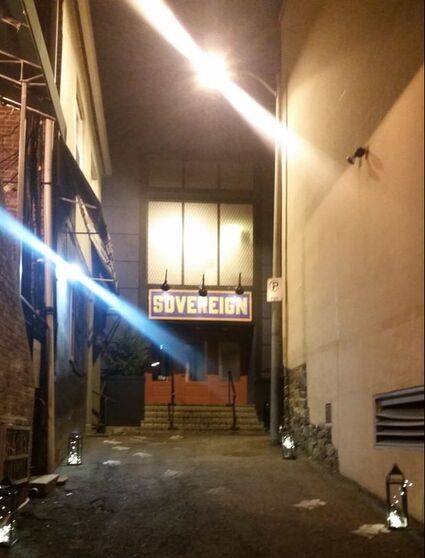
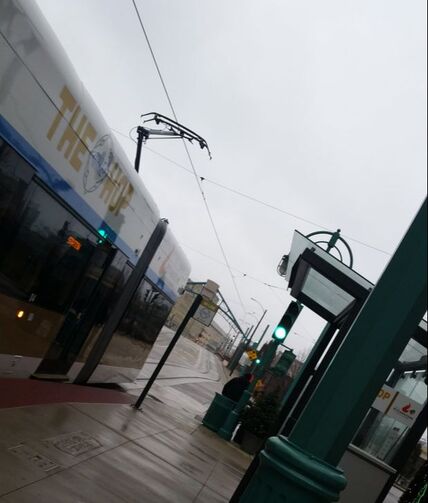

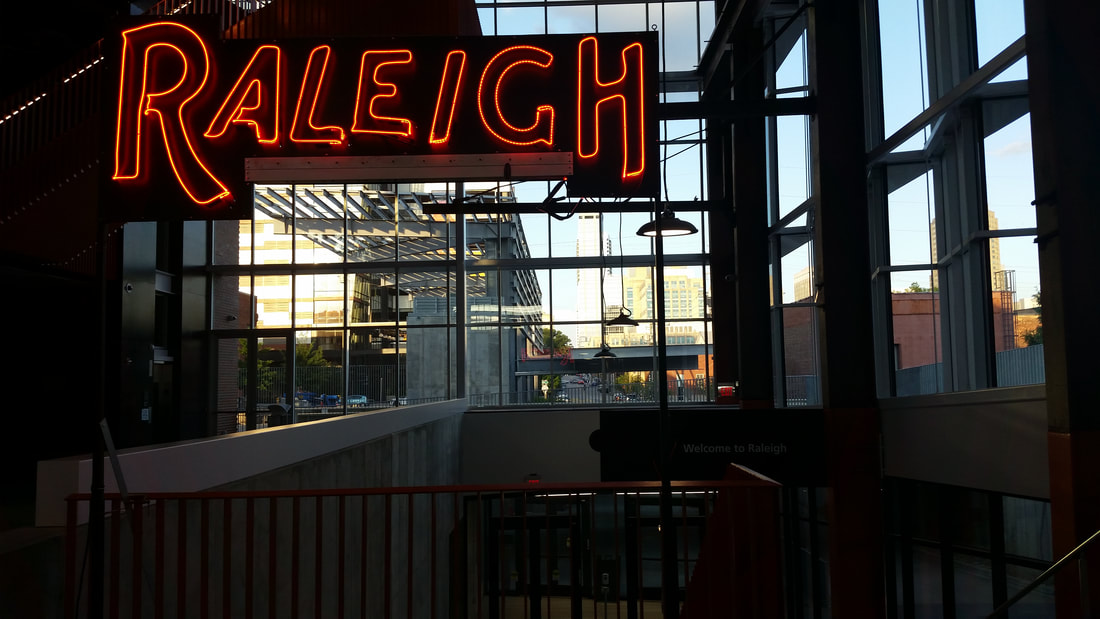
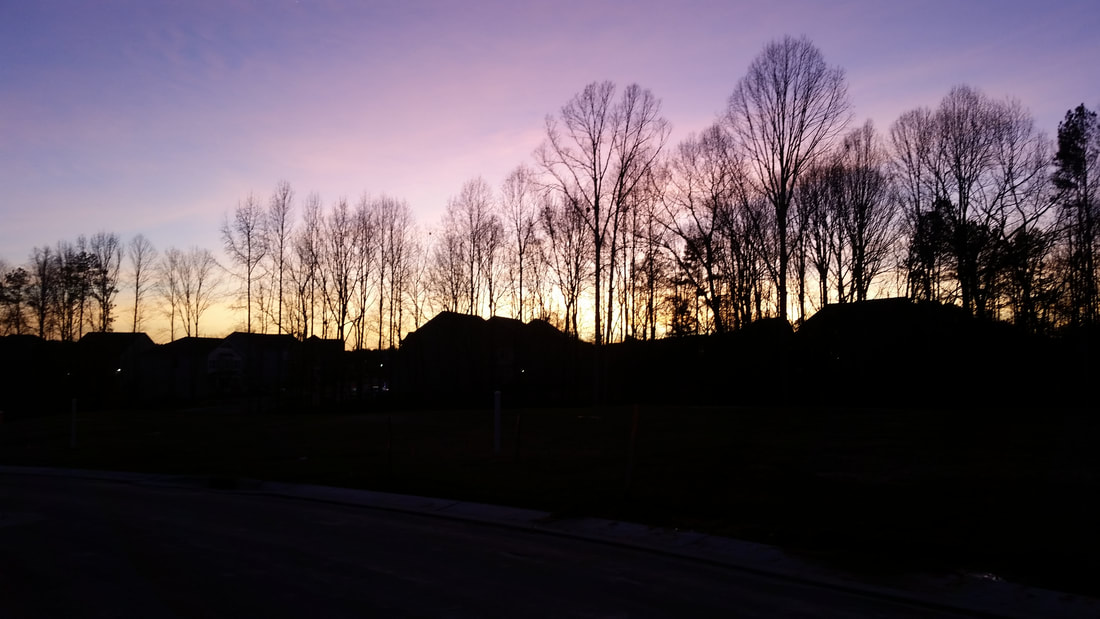
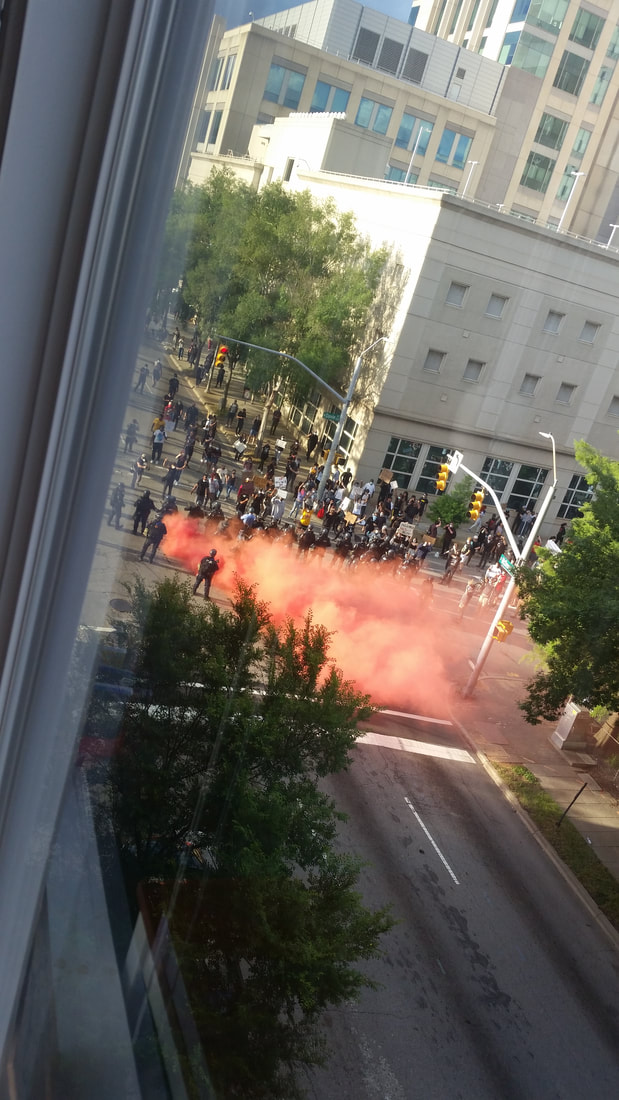
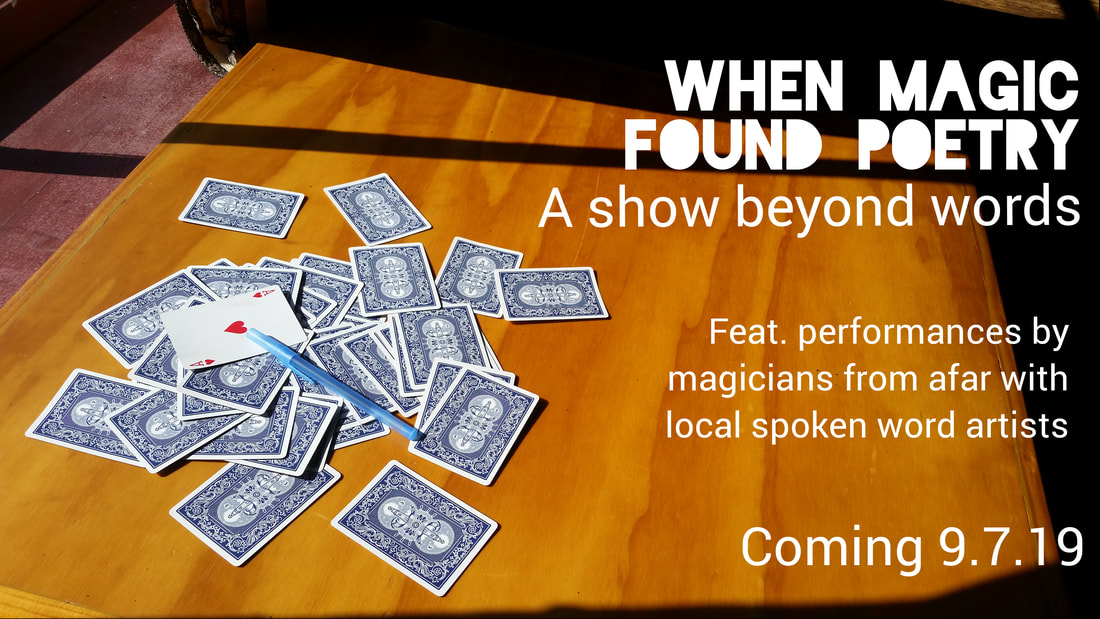
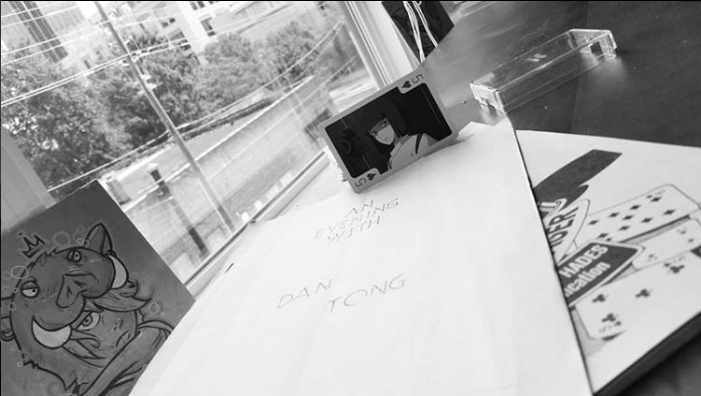
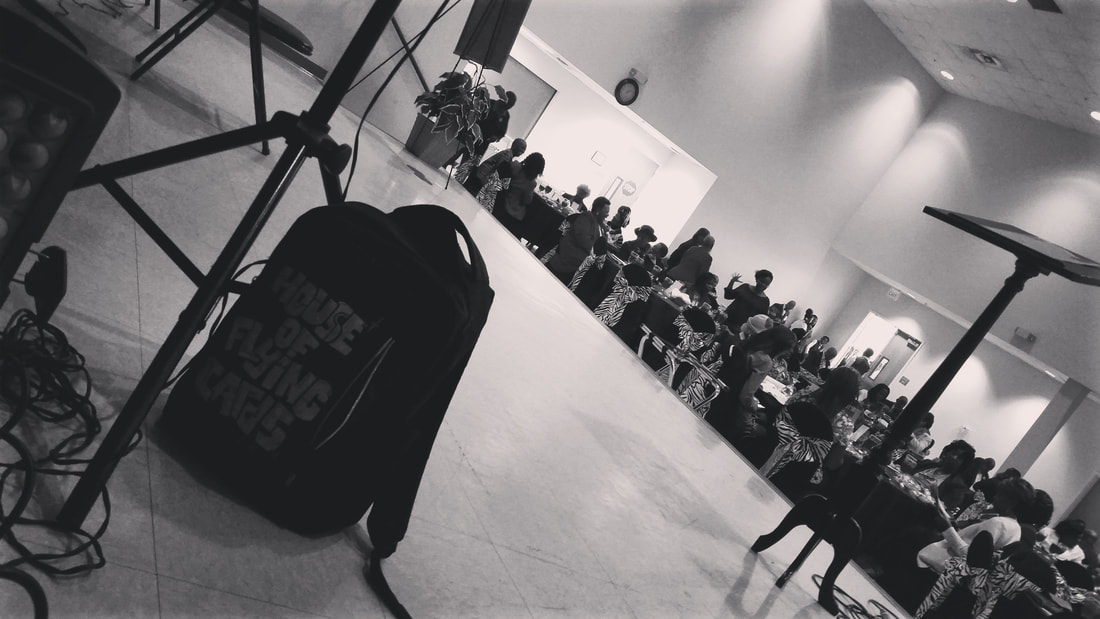
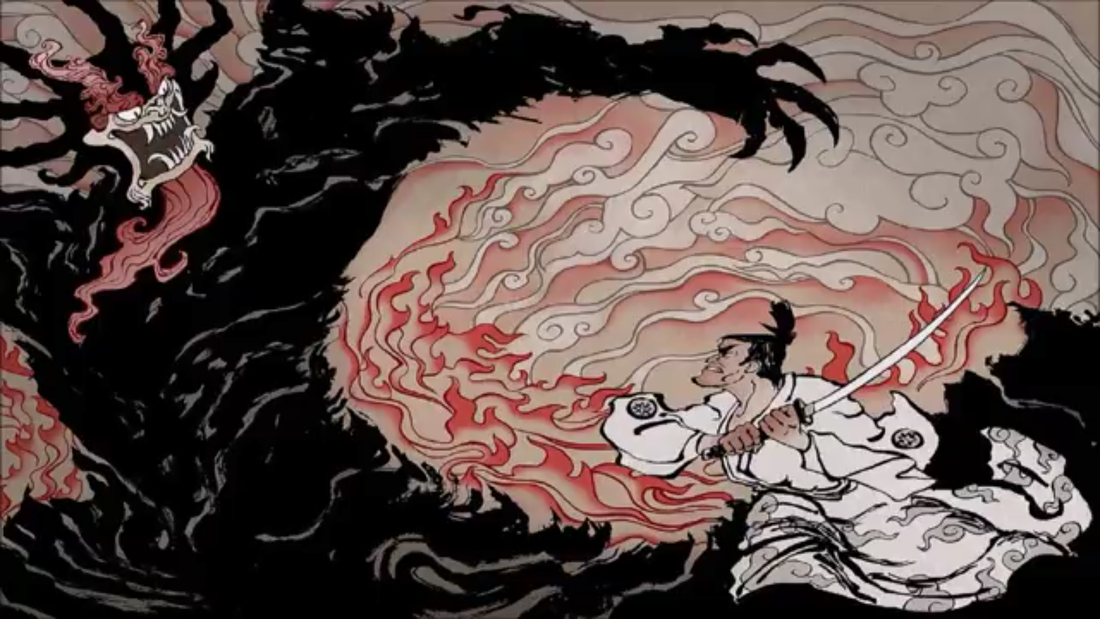
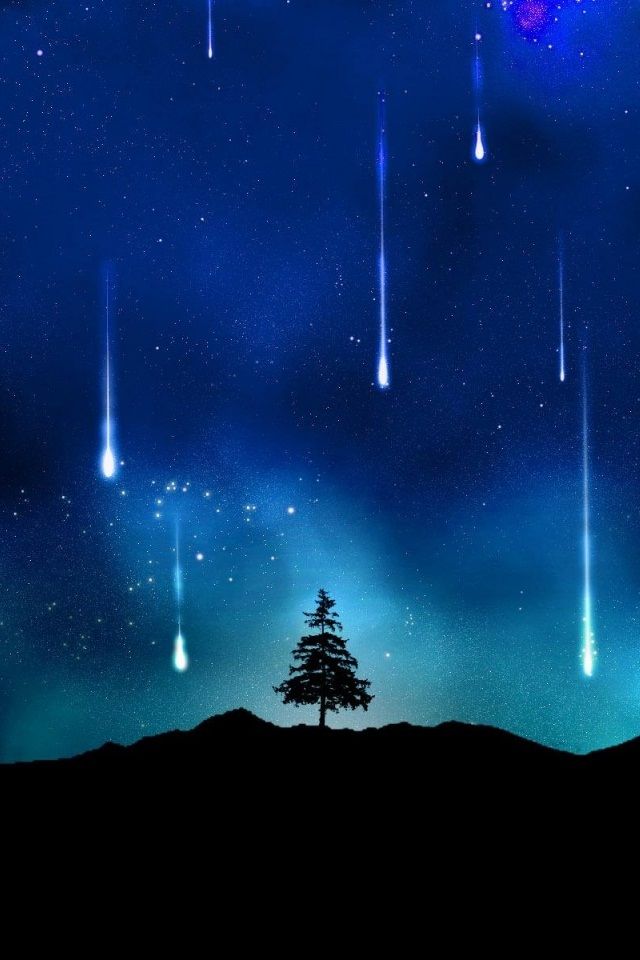
 RSS Feed
RSS Feed
